Wojtek – The Bear That Fought The Nazis
This is the story of the bear who fought against Nazis and won. It all started with the Russian army occupation of part of Poland in 1939. Thousands of Polish soldiers were captured and taken to labor camps in remote areas in the middle of the Soviet Union where they had to sleep in flimsy tents and where the temperature dropped to an unfathomable -50ºC (-58ºF).
Two years later, in 1941, the Nazis started operation Barbarossa, a military offensive into Soviet-held Poland and onto Russia. Stalin was then pressed to request military assistance from all neighbouring countries. Poland offered help in exchange for the liberation of the thousands of Polish prisoners that were still captured in the labor camps in Siberia. Stalin accepted, and in 1942 he freed and evacuated 40,000 soldiers and 26,000 citizens to Iran across the Caspian Sea.
Once in Iran, the British soldiers welcomed the Polish, and provided treatment for the illnesses and malnutrition they suffered and endured in the brutal Soviet Tundra. As soon as the soldiers recovered, they formed two infantry divisions, the 5th Kresowa and the 3rd Carpathian. The next checkpoint for these divisions would be Lebanon where they would find the rest of the Polish troops.
On the way to the meeting point in Lebanon, in some valley between Iran and Iraq, these men found a hungry boy that was asking for food. While offering the boy some canned meat they discovered that the he was carrying a bulky bag on his back – a live, brown bear cub inside. The boy explained that he found the cub, of just a few weeks, abandoned in a cave; someone must have killed his mother, an orphan. Not having the care of his mother, the cub was undernourished, weak, it was about to die. The Polish soldiers, seeing the parallels to their recent bleak Siberian experience, they decided they were going to adopt this cub as one of their own. After negotiating with the boy, he agreed to trade the cub for two handfuls of chocolate and a pen that turned into a knife.
On the way to the base where the divisions would stay the soldiers improvised a cub-feeding bottle using an empty bottle of vodka and tissue to emulate a mother Bear’s teat to nurture the cub back to health with condensed milk from their rations mixed in with water. The bear, feeling much better thanks to the good care provided by the soldiers, felt safe and searched for a warm place to sleep. He found that the warmest place was next to a particular soldier – Piotr. Since that day, the bear always made a point to sleep by Piotr’s side.
Now that the bear was part of the family he needed a name. The soldiers decided to christen him with one of the most traditional Polish names, Wojtek – the joyful warrior. Wojtek grew up fast, and he soon traded in the milk for beer and cigarettes, which the soldiers happily gave him in exchange for a little wrestling or a greeting. Wojtek felt so much a part of the rest of the division that he even marched straight-up on his back legs next to his comrades.
It was in 1944 that the moment of going into action had finally arrived. The Polish army had to go to Egypt from where they would set sail towards Italy, and help the allies liberate Rome from the German army.
At the harbor and ready to board the British ship, the British officers would not allow anyone that was not an enlisted member of the army aboard the military vessel. But the Polish soldiers would not leave Wojtek behind – Wojtek was conscripted into the army, giving the brown bear official documentation to travel as a bona fide soldier in his own right and afforded a food ration, which in Wojtek’s case was a double ration. Once enrolled, the British allowed him to travel with the rest but not before patting the brown bear’s shoulder and wishing him luck.
Polish troops would valiantly take part in the battle of Monte Cassino alongside other allied troops. There, the fire line had to be supplied with water, food, and ammo through very steep and dangerous paths. These positions were normally supplied with mules, but in this occasion it was Wojtek who went to the truck and started pulling the boxes to help his colleagues. The troops understood it was time for Wojtek to become a real soldier. They put a saddlebag over Wojtek’s back and loaded it with the heaviest ammo so he could help them supply the first line. Thanks to this bear’s strength and resistance, one month later, the Polish troops managed to conquer Monte Cassino’s Abbey – driving out the Nazis and securing the strategic position atop Monte Cassino.
After this unusual victory a soldier drew a bear carrying a projectile which became the unit’s insignia. Polish soldiers were then taken to Great Britain where they marched at a parade in Glasgow. Wojtek was acclaimed by the crowd as the war hero that he was.
In 1947 the polish army was dissolved, so they had to decide on what to do with Wojtek. Polish soldiers wanted to release him into the wild in a forest in Great Britain, but the law prohibited this so they concluded that it would be better to take him to the Edinburg Zoo where he would have the care he needed.
Soon after arriving, he became the star of the zoo, but Wojtek missed his companions and their adventures together. At first, the soldiers visited him regularly, bringing cigarettes and wanting to wrestle with him. Little by little they stopped coming over and the brown bear started showing signs of apathy and depression. At the end he wouldn’t even respond to any stimulus coming from out of the fence asking for a minute of his attention. Life in captivity became a monotony, a prison for a bear who was used to gunpowder and explosions since he was born.
Wojtek stopped breathing in 1963 at the age of 22. Two statues of him were erected, one in London and one in Ottawa, as well as a commemorative plaque in Glasgow, the last reminders of a legend of the second world war.




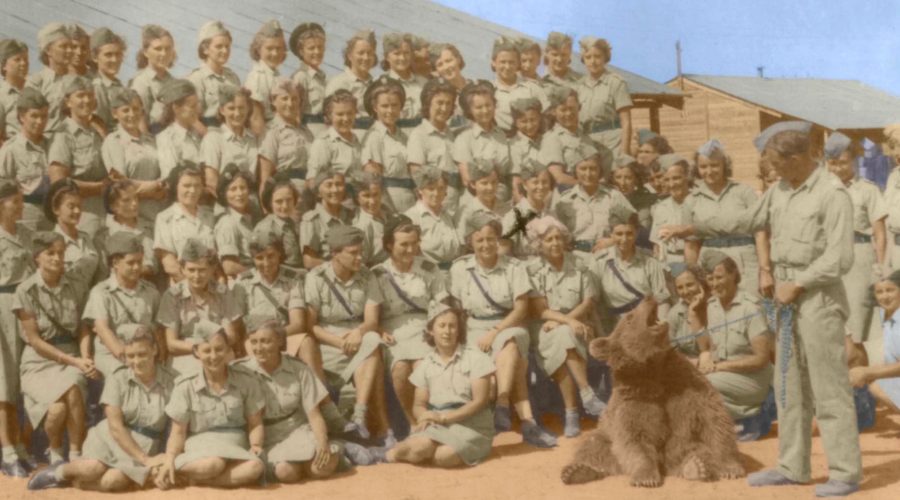
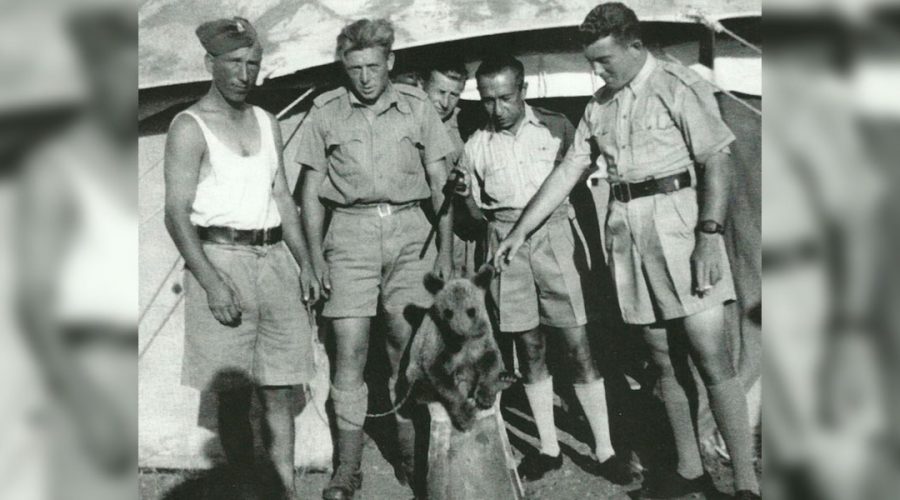
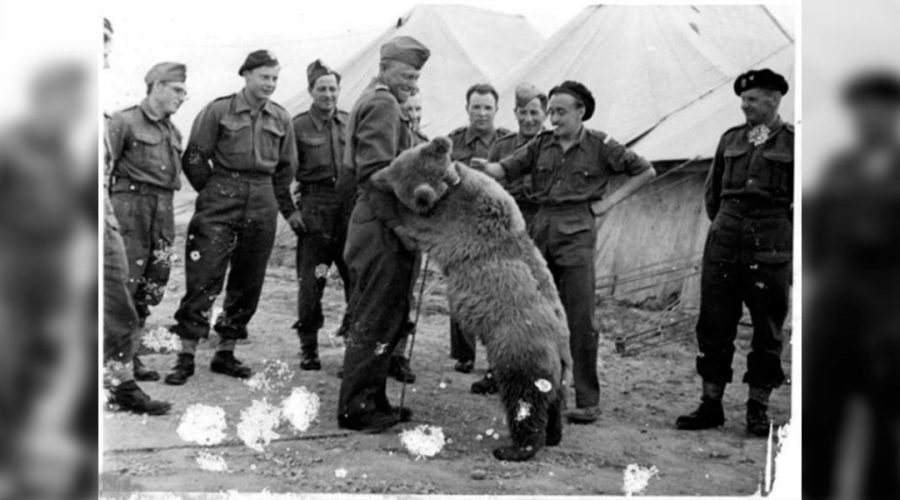
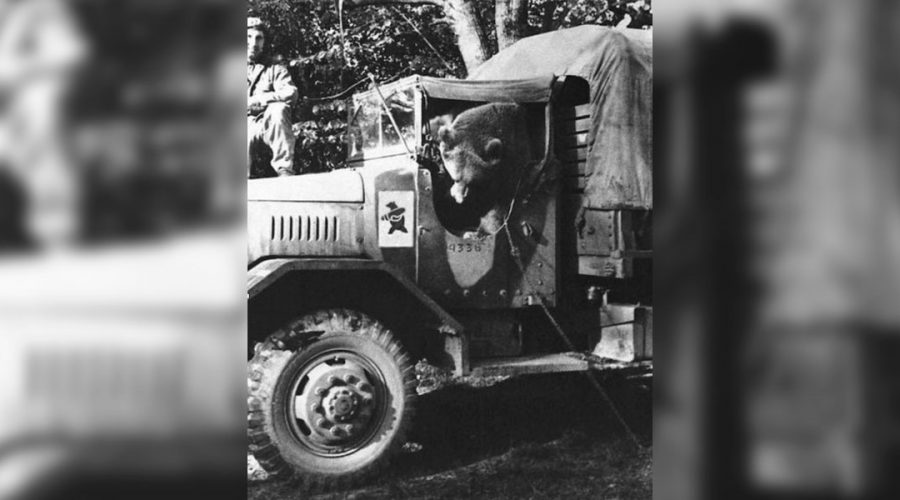
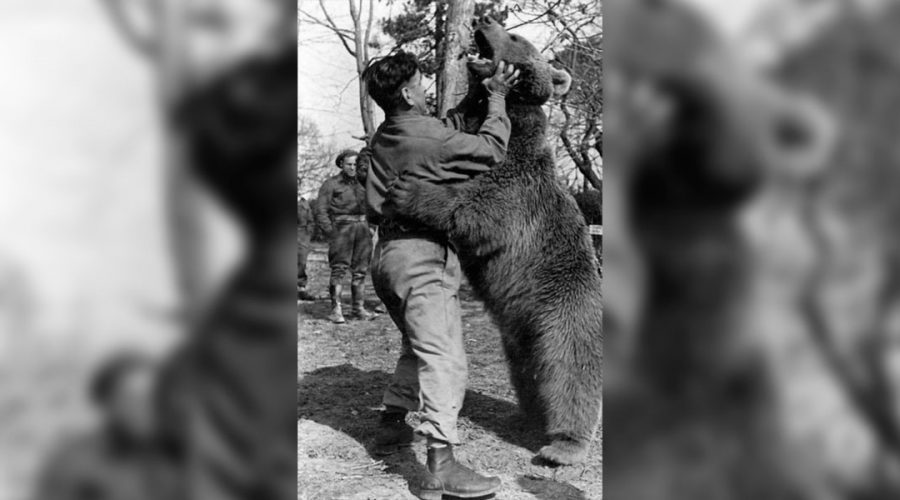
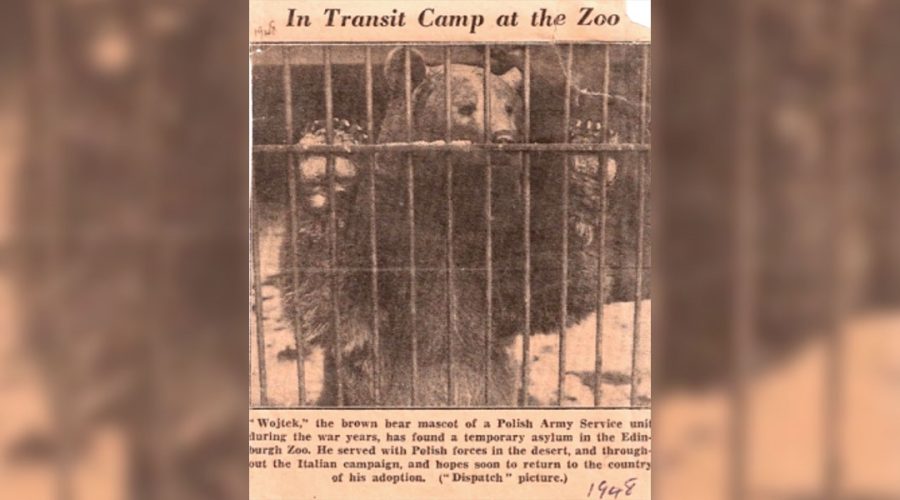
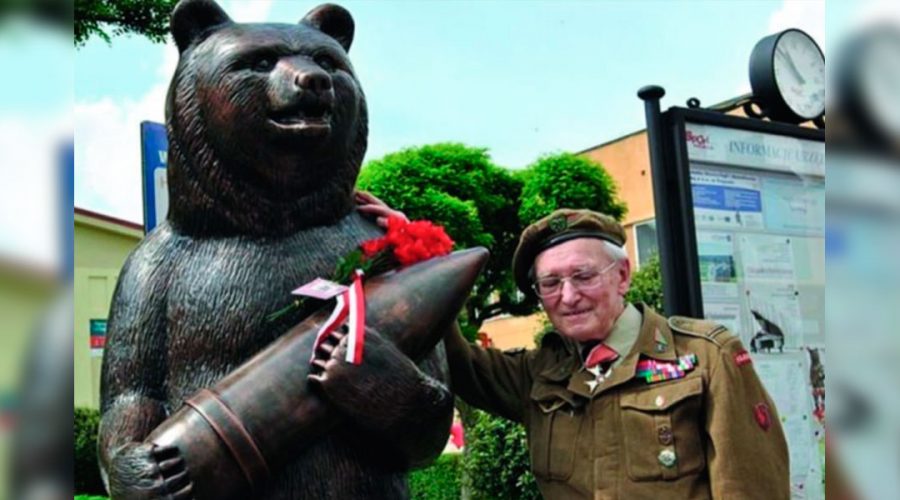
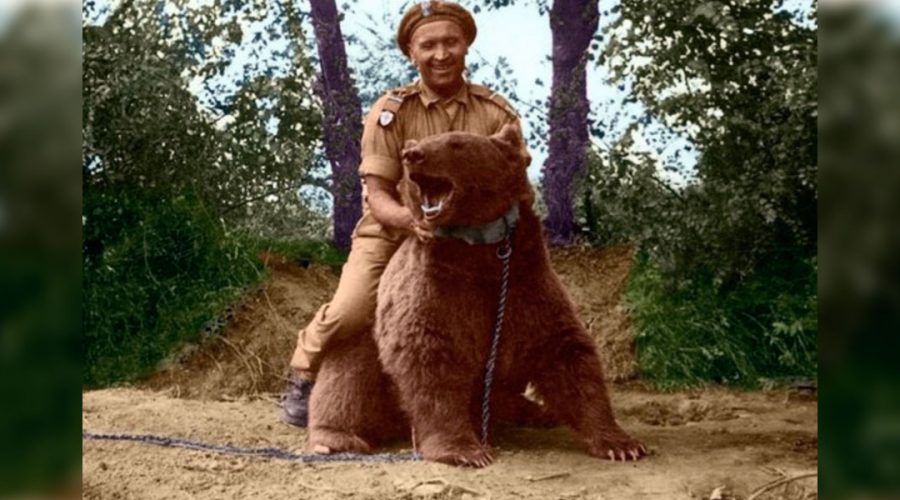

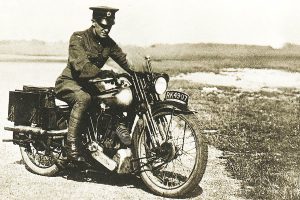
Leave a Reply
Tell us what you're thinking